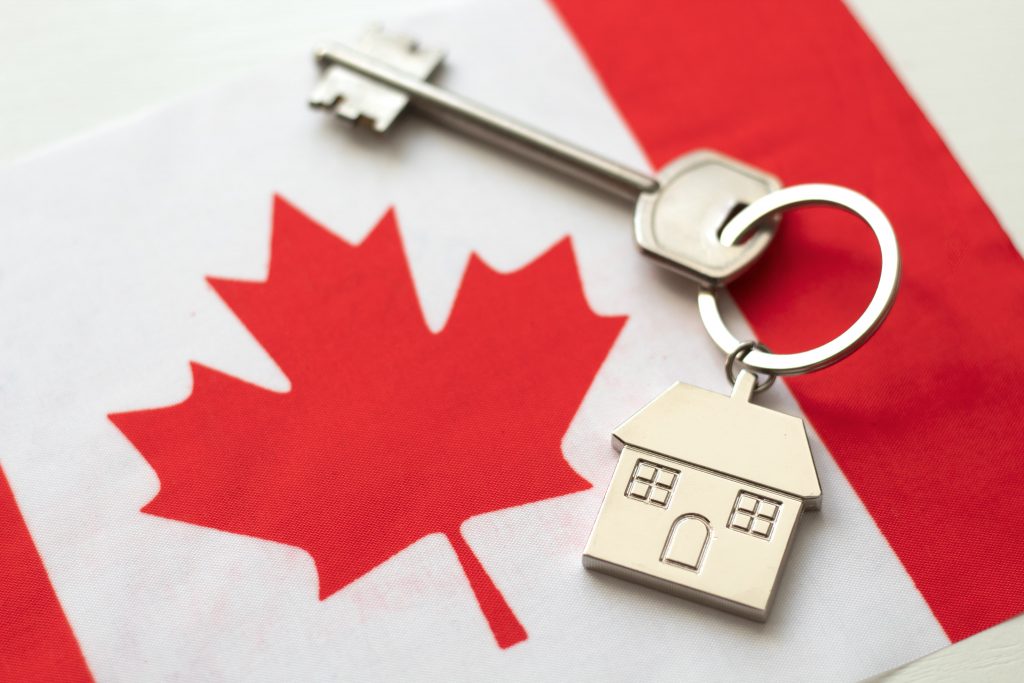Canadian Real Estate Market Outlook 2017
Are you a homeowner who is curious to know about the Canadian real estate market situation? If your answer is yes, then you’ve landed in the correct place. The biggest doubt is whether the prices of the Canadian real estate market will jump or fall. As noted in some recent years, some parts of the country have been facing a price fall whereas some other parts have been facing an increase in pricing. Due to the provision of low-interest rates as well as flexible mortgage financing, demand is increasing in the real estate sector.

As per the Canadian Real Estate Association (CREA), national sales are predicted to decrease in 2017 by 3.3% in comparison to last year.
Housing sales are declining in-
B.C. by 12.2%
Ontario by 2.7%
Saskatchewan by 1.2%
Nova Scotia by 2.1%
PEI by 2.2%
Newfoundland and Labrador by 1.4%
Housing sales are rising in-
Alberta by 3.5%
Quebec by 1.2%
Manitoba by 0.8%
New Brunswick by 1.6%
A decrease in home sales means a decrease in prices, and due to this, demand will decline, leading to less decrease in the prices of homes.
Thus, CREA forecasts that the national average price will decrease in 2017 by 2.85%, i.e. $475,900.
2017 AVERAGE PRICES IN TORONTO AND GOLDEN HORSESHOE:
Though a decrease in sales activity is forecasted for 2017, yet, a major part of the housing market in Ontario will not face a price fall. This prediction is specifically for the properties situated in the Greater Toronto Area and also in the larger Ontario region (Golden Horseshoe). The main reason is that there is less supply of small housing properties and detached homes for nuclear families.
As an outcome, those who are willing to sell homes in the GTA or nearby areas, including Niagara, Hamilton, Halton, Peel, York, and Durham, are allowed to expect a powerful demand. This clearly indicates increasing sales prices and fewer days in the market.
2017 AVERAGE PRICES IN BRITISH COLUMBIA:
According to the prediction, the major decline in sales, as well as prices, will be in British Columbia. In 2016, there was a considerable drop in the number of transactions and sales prices. On the basis of average pricing in 2016, CREA forecasts a 12.2% decrease in transactions and an average price fall of 7.8% in 2017.
“This largely reflects an anticipated decline in single-family home sales activity at the higher end of the market—particularly in the Lower Mainland,” says CREA’s Chief Economist, Gregory Klump.
2017 AVERAGE PRICES IN REMAINING PARTS OF CANADA
The most considerable thing predicted in 2017 is the strict mortgage regulations which were regulated in 2016. “Tightened regulations are expected to reduce the number of first-time buyers who qualify for mortgage financing, particularly in pricier markets, where there is a severe shortage of lower-priced listings.”
Secondly, mortgage rates are expected to increase in 2017, decreasing the number of home buyers in Canadian marketplace.
Nothing can be declared when discussing Canada’s real estate markets. If you remove Toronto and Vancouver from the Canadian real estate market, the average price of a home would be closer to $361,000, which was $489,590 in November 2016. This places house prices at 4.6 times the family income, which is a bit more than the average over the last 40 years, which is approx. 3.5 times income.
